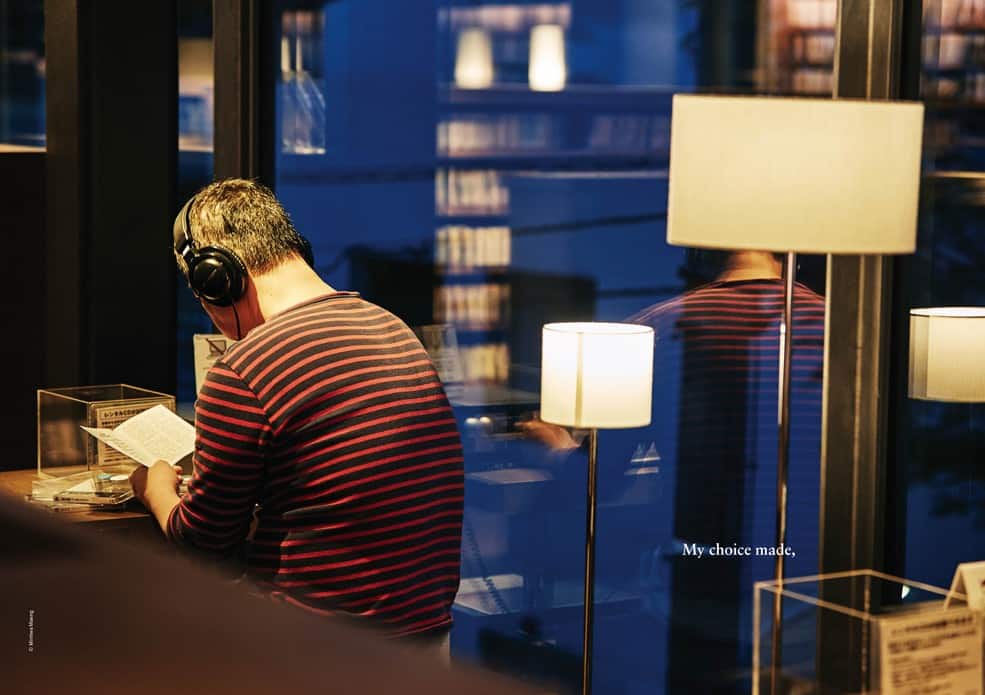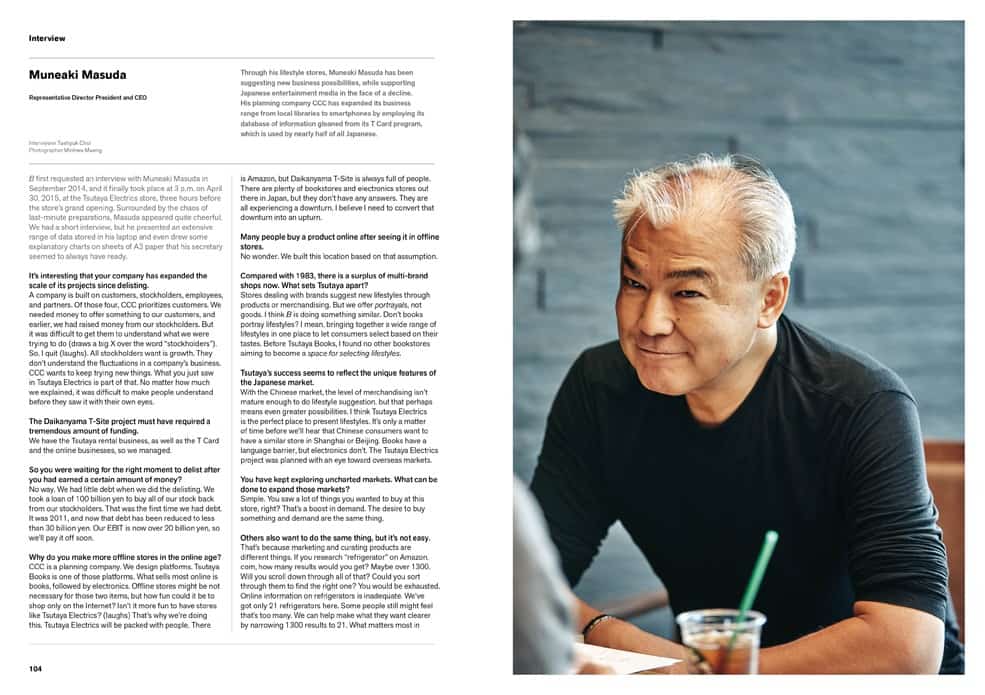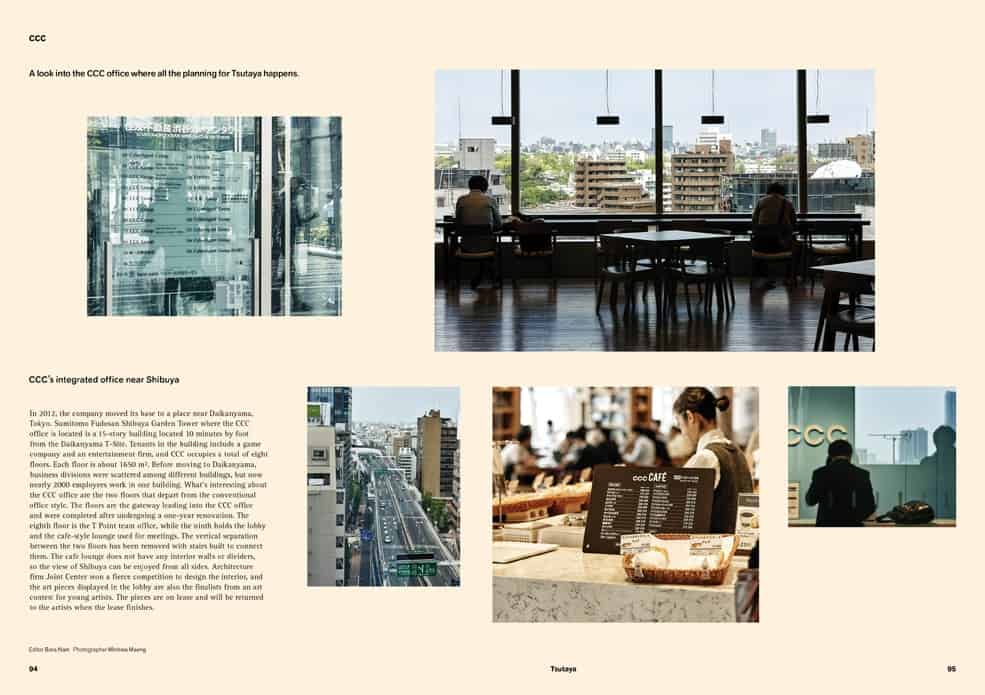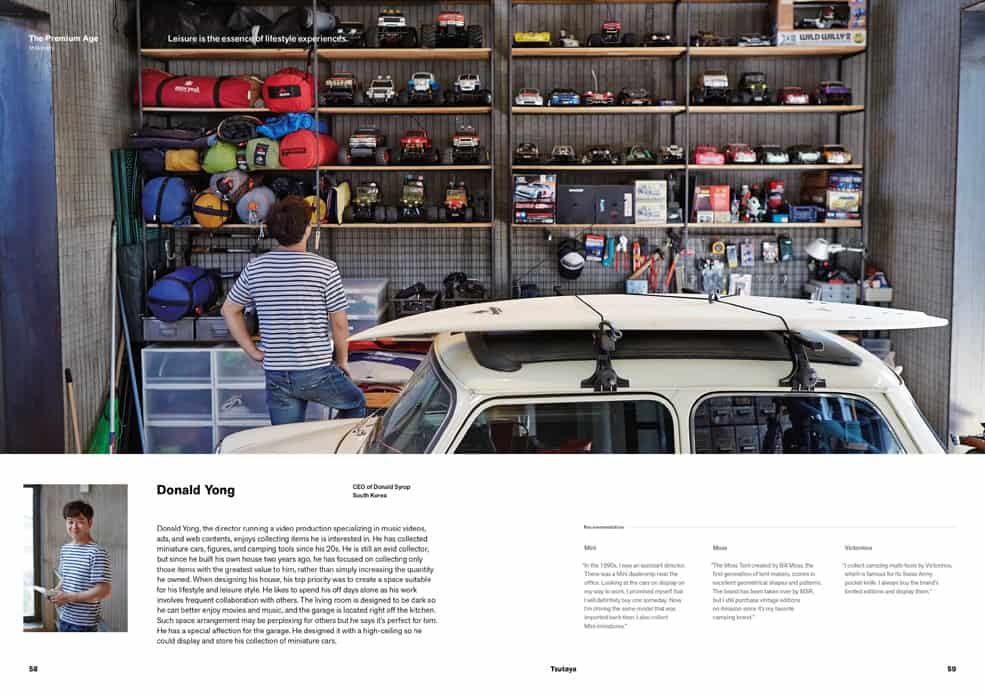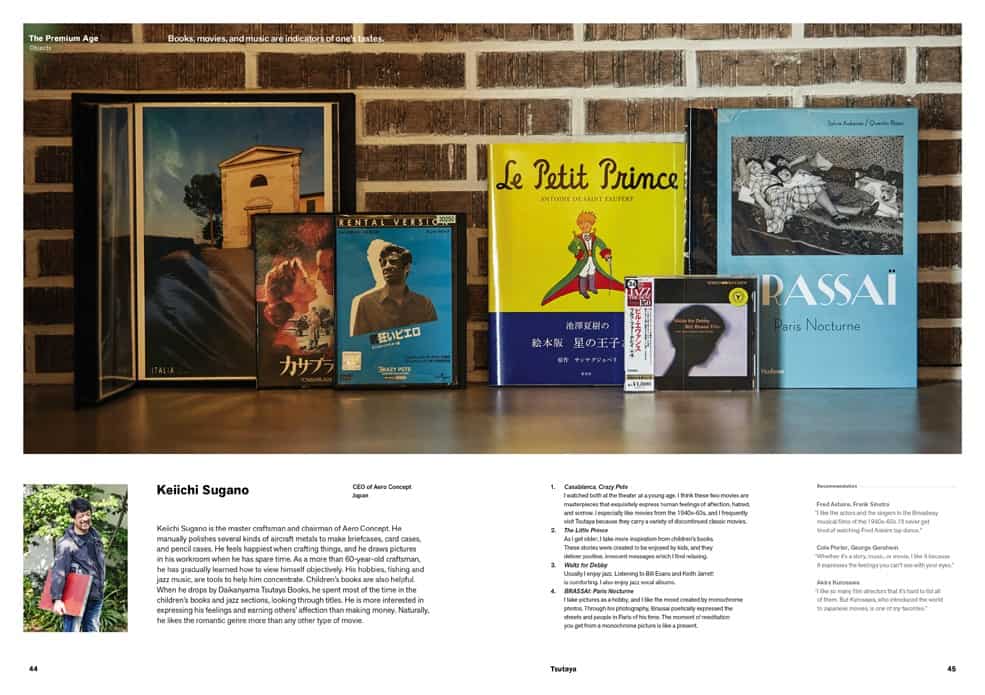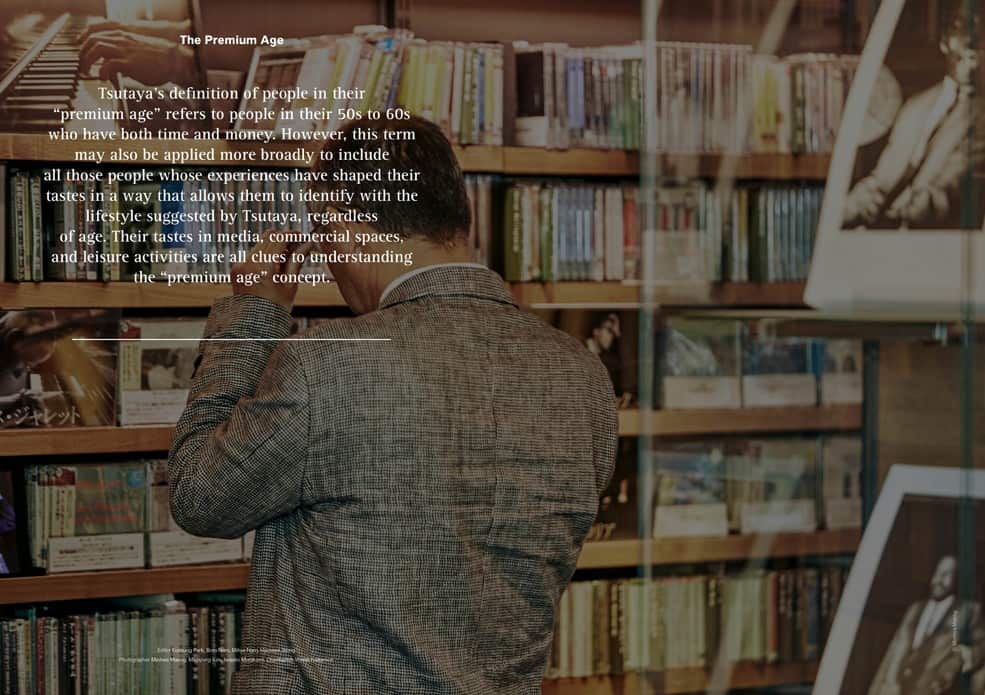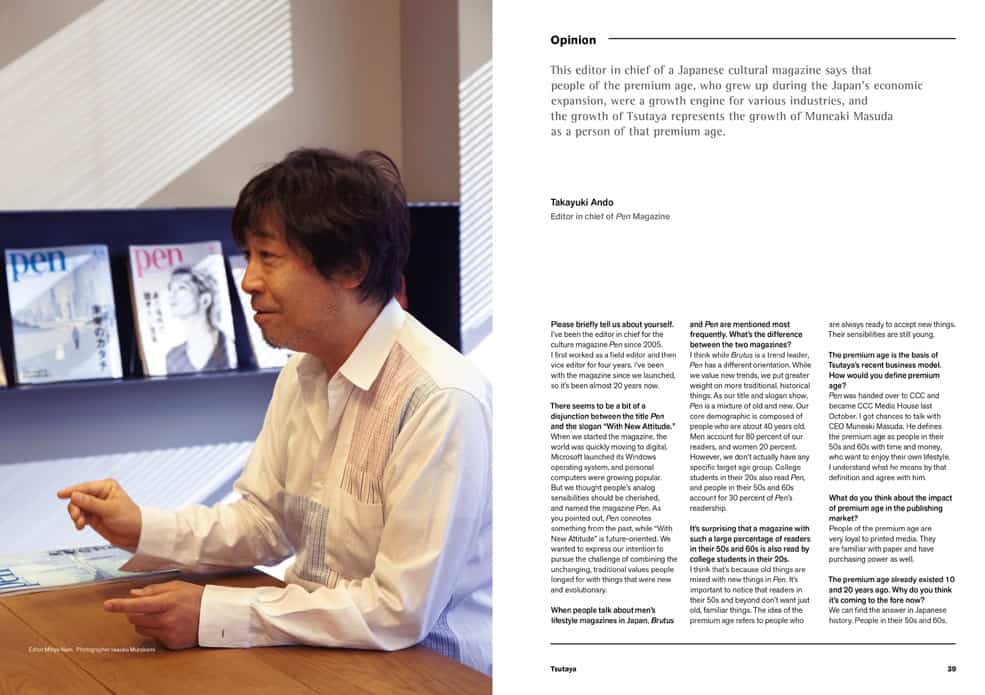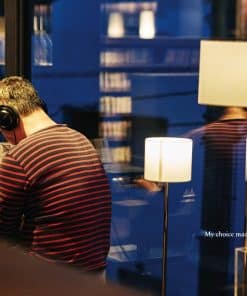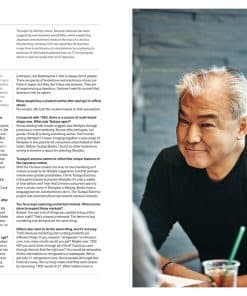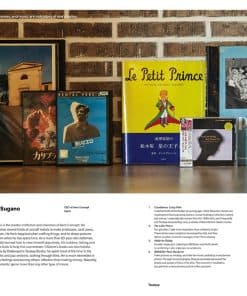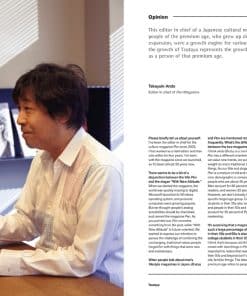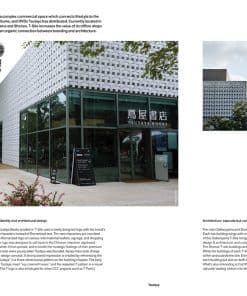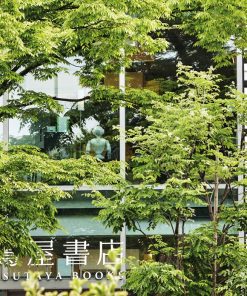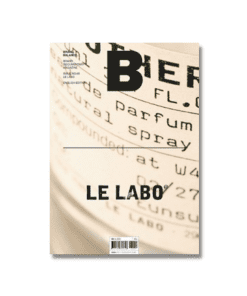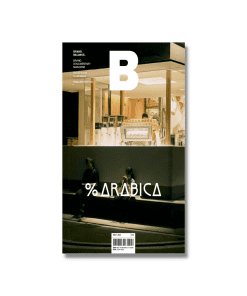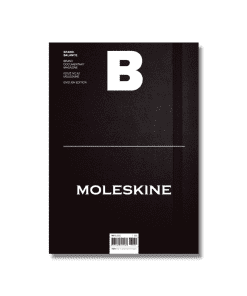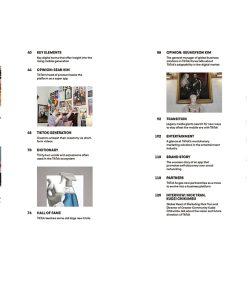Magazine B No.37 TSUTAYA
480.000₫
INTRO
PUBLISHER’S NOTE
COMMENTS
Comments and reviews on social media by Tsutaya customers
SKETCH
Rental
Tsutaya stores, contemporary and classic, coexist in Tokyo
OPINION
Hiroshi Kubo, creative director at Beams
INNER SPACE
T-Site
Tsutaya’s cultural complex, viewed through the four elements of branding
OPINION
Ando Takayuki, editor in chief of Japanese culture magazine Pen
THE PREMIUM AGE
Objects
The tastes of the premium age
Places
Businesses targeting the premium age
Interests
The leisure activities of the premium age
OPINION
Manabu Mizuno, CEO and creative director of Good Design Company
LANDMARKS
Development
Cultural landmarks in the context of local development
B’S CUT
Tsutaya Scene
The lifestyles observed at the Daikanyama T-Site and in the surrounding areas
BRAND STORY
Started as a rental business, Tsutaya has since established a new lifestyle distribution model
CCC
The headquarters of Tsutaya’s mother company
ADVANCEMENT
Tsutaya’s new businesses since Daikanyama T-Site
INTERVIEW
Muneaki Masuda, CEO of CCC
Tsutaya collaborators: Klein Dytham, architect and Tomoko Ikegai, creative director
PARTNERS
The firms and brands that collaborate with Tsutaya
FIGURES
Figures showing Tsutaya’s scale and the structure of CCC
FROM THE EDITOR IN CHIEF
The Editor in Chief offers his observations on Tsutaya’s core values
OUTRO
Cho phép đặt hàng trước


